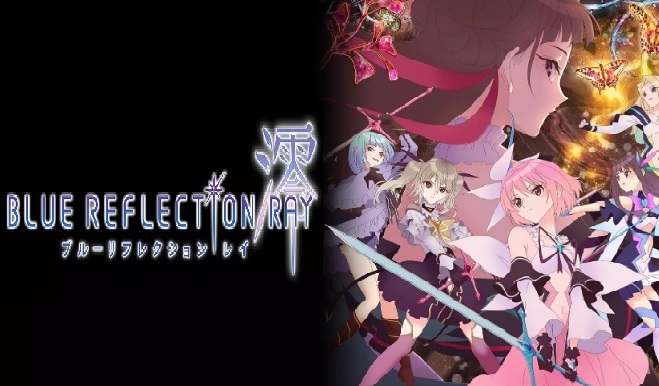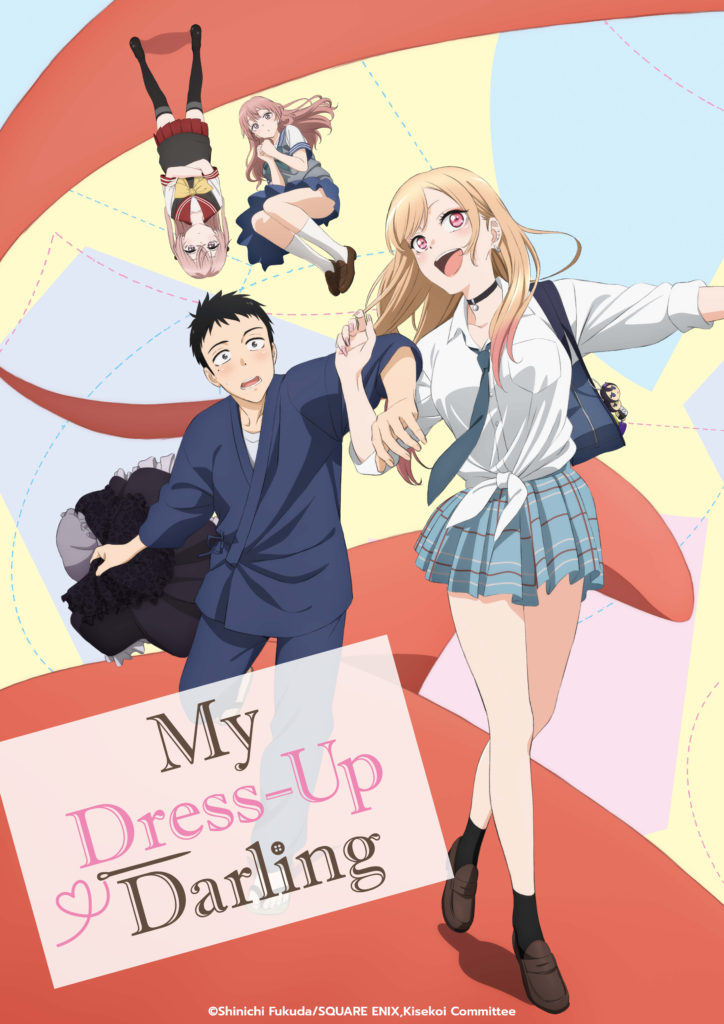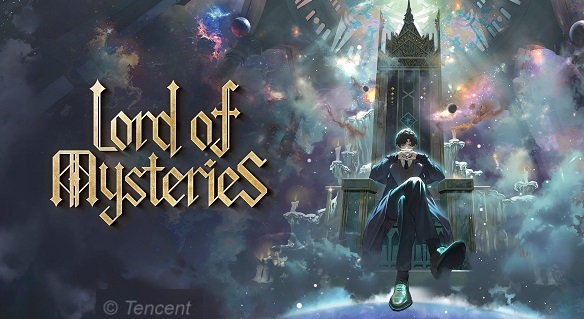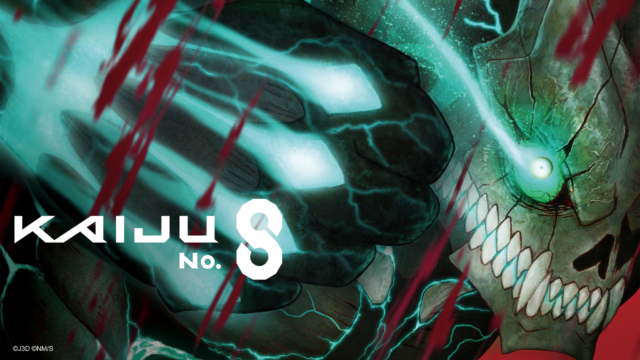English Dub Season Review: Blue Reflection Ray Season One
Based on the JRPG video game developed by Gust and published by Koei Tecmo in 2017 for the PlayStation 4 and PlayStation Vita, the story is a spin-off of the 2017 video game, Blue Reflection, which serves as a prelude to the 2021 game, Blue Reflection: Second Light and features a new cast of characters. Taking place in a universe where Individual pieces of human emotion usually take the form of flowers known as “Fragments.” The select few who possess strong enough Fragments can become “Reflectors,” beings who equip specialized rings that allow them to connect their thoughts, memories, and emotions to those whose feelings waver. There are two types of Reflectors—those who wear blue rings to protect those falling into depravity by preserving their Fragments, and those who wear red rings to prevent negative emotions by stealing the Fragments of those who begin to develop “severe woe”.
Despite wanting to socialize with people around her, transfer student Ruka Hanari’s shy and introverted personality always gets in her way. In a chance encounter, however, she bumps into a woman who happens to drop a blue ring as she hurries away. Unable to return it, Ruka brings it back with her to her dorm. There, she meets the outgoing Hiori Hirahara, who also has a blue ring. They find themselves in several conflicts against red Reflectors, slowly realizing the true power of the rings that they hold. Now striving to become Reflectors themselves, Ruka and Hiori must learn to work together and become stronger so that they can save not only the people around them but also themselves from the emotions that hold them back…
The series was directed by Risako Yoshida, with Akiko Waba writing and overseeing scripts, Koichi Kikuta adapting Mel Kishida’s original character designs for animation, and Daisuke Shinoda composing the series’ music with EXiNA performing the series’ opening theme song, “DiViNE”, while ACCAMER performed the series’ ending theme song “Saishin”. As well as Eir Aoi performed the series’ second opening theme song, “Atokku”, and ACCAMER performed the series’ second ending theme song “fluoresce” with the series running for two consecutive cours (Seasons).
In a nutshell, the show is completely based on an indirect sequel to the game, so the show references it occasionally, mostly without context. It starts off strong, clearly defining several Reflectors, in your prototypical “good vs evil” dynamic as represented by their Blue & Red Motifs. However, the show isn’t perfect as the show drags on with episodic clashes between both parties. The lead protagonists keep finding excuses to suddenly be stronger. However what more than compensates for this is what the Heart of the story actually is, and that’s about a pair of magical girls called Reflectors, Ruka and Hiori, who fight to protect other girls from a group of predatory Reflectors that try to steal their Fragments (which I think is meant to represent to a person’s emotions or soul, as they become emotionally dead or lethargic, and later fall into a coma without it).
As the plot begins to progress, it’s certainly never boring, though occasionally it gets a bit too convoluted to follow exactly what’s happening. Tone-wise, It can also delve into some topical dark issues you’d never expect to see in Anime the same way Kageki Shoujo did, such as child abuse, abandonment, suicide, self-harm, and teenage prostitution. Listing all those off makes it sound more depressing than it actually is, yet the series doesn’t wallow in despair or revel in the suffering of its characters as almost all of them receive balanced exposure and the main characters manage to develop smoothly. The best part of Blue Reflection is how organic it treats drama, there’s no huge motivational speech to inspire the damsel in distress, there is only quiet support and words of comfort to cheer you on. That is a much more believable approach on a realistic level.
Overall, the plot was dark in places yet decent in its execution even if it felt like a cash-grab along the lines of “The World Ends with you: The Animation“. As it mostly existed to promote a game tied with this anime’s plot called “Blue Reflection Tie”, which later came out and had several characters from this show in it. But that’s kinda expected when Japan tries to pump out game adaptations to its audience. At the very least, I found the world-building compelling enough to keep my attention, and thematically interesting as it pulled just enough twists to keep me on my toes despite parts of the story feeling stretched out. The story takes some wild directions building off that premise and ends up in a radically different place than where it starts. And ultimately giving me an ending that doesn’t leave me completely disappointed.























"There are also other characters that come and go (also owned by the Warner Bros. Discovery conglomerate media company)."
Huh. Is that just referring to other characters from the show itself, or is this implying that the new season is going to have cameos from other WBD IPs